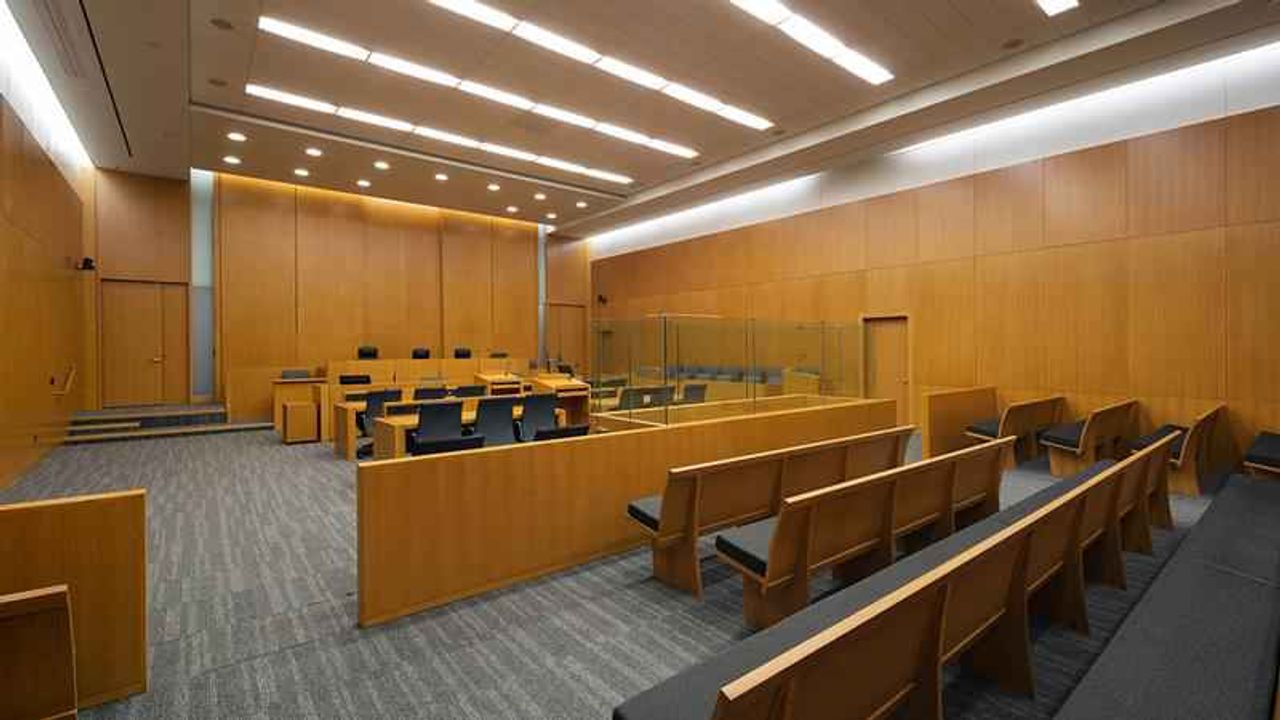Trial underway in case of Minnesota woman denied morning-after pill

(FILE, KSTP)
A jury has begun hearing the case of a Minnesota woman who was denied a morning-after pill in 2019 due to a pharmacist’s personal beliefs.
After a quick jury selection process Monday morning, Andrea Anderson’s attorneys started presenting her case on Monday afternoon.
In January 2019, Anderson called her health care provider to ask about emergency contraception after her primary form of birth control, a condom, failed the night before. She was immediately prescribed Ella and asked it to be sent to her hometown Thrifty White Pharmacy in McGregor, her lawsuit states.
However, according to her lawsuit, the on-duty pharmacist, George Badeaux, said he couldn’t fill her prescription due to “personal reasons.” Badeaux, a local pastor, then clarified that he didn’t want to fill her prescription due to his “beliefs.”
Anderson ended up driving more than 100 miles round trip in a snowstorm to get her prescription, the lawsuit states.
According to her lawsuit, which was filed by Gender Justice, not only did Badeaux refuse to fill her prescription, he failed to provide her with a reasonable alternative to get her prescription. When she asked about alternatives, Anderson says in her lawsuit that Badeaux only told her other ways she couldn’t get her prescription filled.
The next day, Anderson talked to the owner of the McGregor Thrifty White, Matt Hutera, who said he’d already heard about Badeaux’s refusal to fill Anderson’s prescription and added that it wasn’t the first time he’d refused to fill prescriptions due to his beliefs, the lawsuit states.
It adds that Hutera also told Anderson he didn’t agree with Badeaux, “but he’s a pastor.” Hutera also didn’t tell Anderson that Badeaux would be disciplined but said maybe he would “if it happened again.”
In a later deposition, Badeaux said he’s refused to fill prescriptions for Plan B three times.
The Minnesota Board of Pharmacy’s 1999 exception does allow pharmacists to not fill a prescription for an emergency contraceptive, but if they decline to fill it, they must have another way for the patient to get their prescription so it’s “made available immediately,” which Anderson argues Badeaux didn’t do.
Anderson and Gender Justice allege that Badeaux and Thrifty White violated Minnesota’s discrimination laws by intentionally not doing business with her because of her sex — which includes pregnancy under state law.
After being denied by Badeaux, Anderson also called a CVS in Aitkin and the pharmacist claimed she couldn’t get Ella from their wholesaler, the lawsuit states. Anderson said the pharmacist then offered to see if the Walgreens in Brainerd could fill the prescription and, after a minute, told Anderson the Brainerd pharmacist also couldn’t fill the prescription.
However, Anderson was skeptical and called the Brainerd Walgreens herself to confirm that they couldn’t fill her prescription and found out they could fill her prescription and told the CVS pharmacist that, contrary to what the CVS pharmacist told Anderson.
Anderson also sued the Aitkin CVS for the pharmacist’s actions in trying to prevent her from getting her prescription but they agreed to an undisclosed settlement in December.
Badeaux also countersued Anderson but his lawsuit was dismissed in January.
“The defendants’ actions delayed her from obtaining and taking her medication, which could have caused her to become pregnant,” Anderson’s lawsuit states.
Now, jurors will have to decide whether Badeaux tried to stop Anderson from getting her emergency contraceptive.
While Badeaux will be allowed to discuss his religious beliefs so that the jury understands his intent, the judge has said he can’t talk about “religious freedom” because the case doesn’t hinge on that but rather “whether or not he deliberately misled, obfuscated, and put up roadblocks in Ms. Anderson’s path to get her lawful prescription for Ella, and that Thrifty White, under it’s owner Mr. Hureta, did not have adequate policies in place both to accommodate one of its pharmacist’s beliefs and its duty to the public to be nondiscriminatory.”